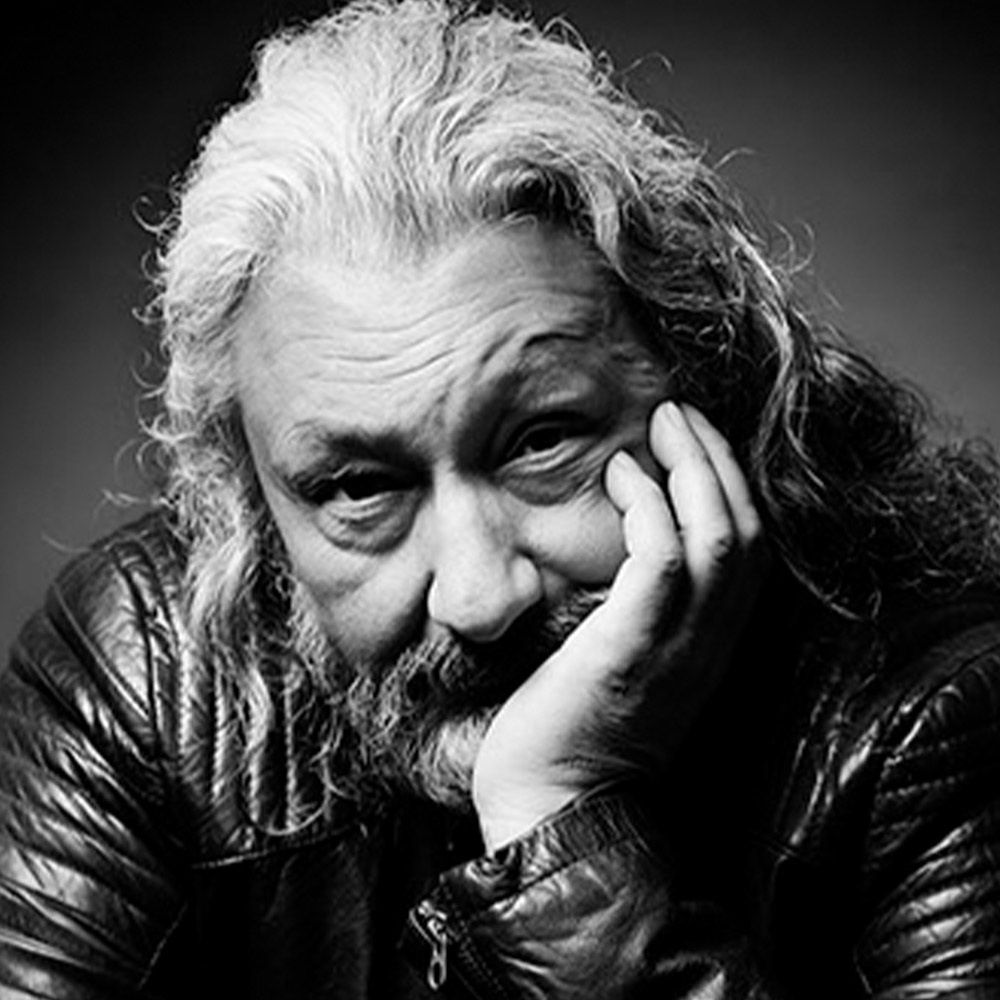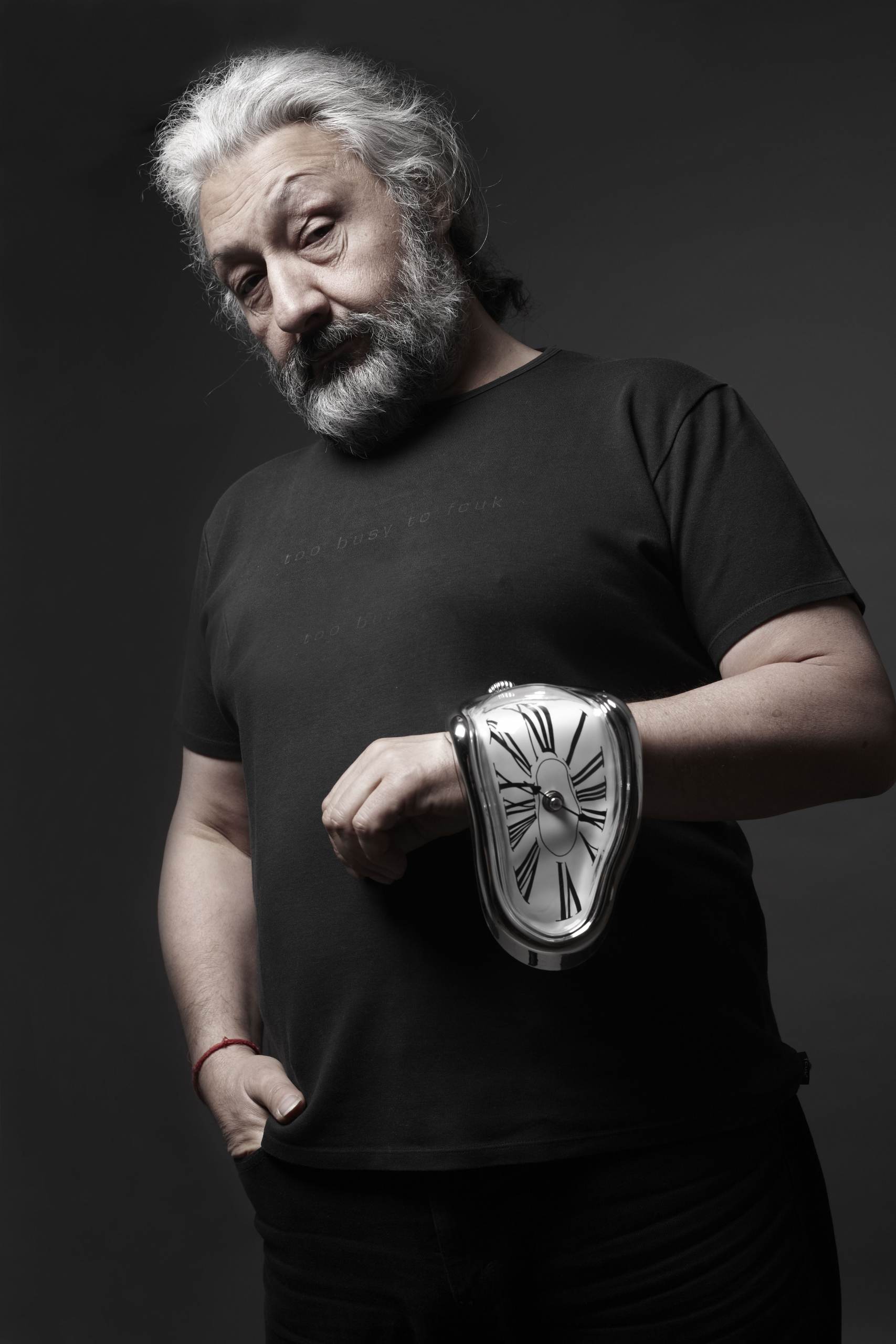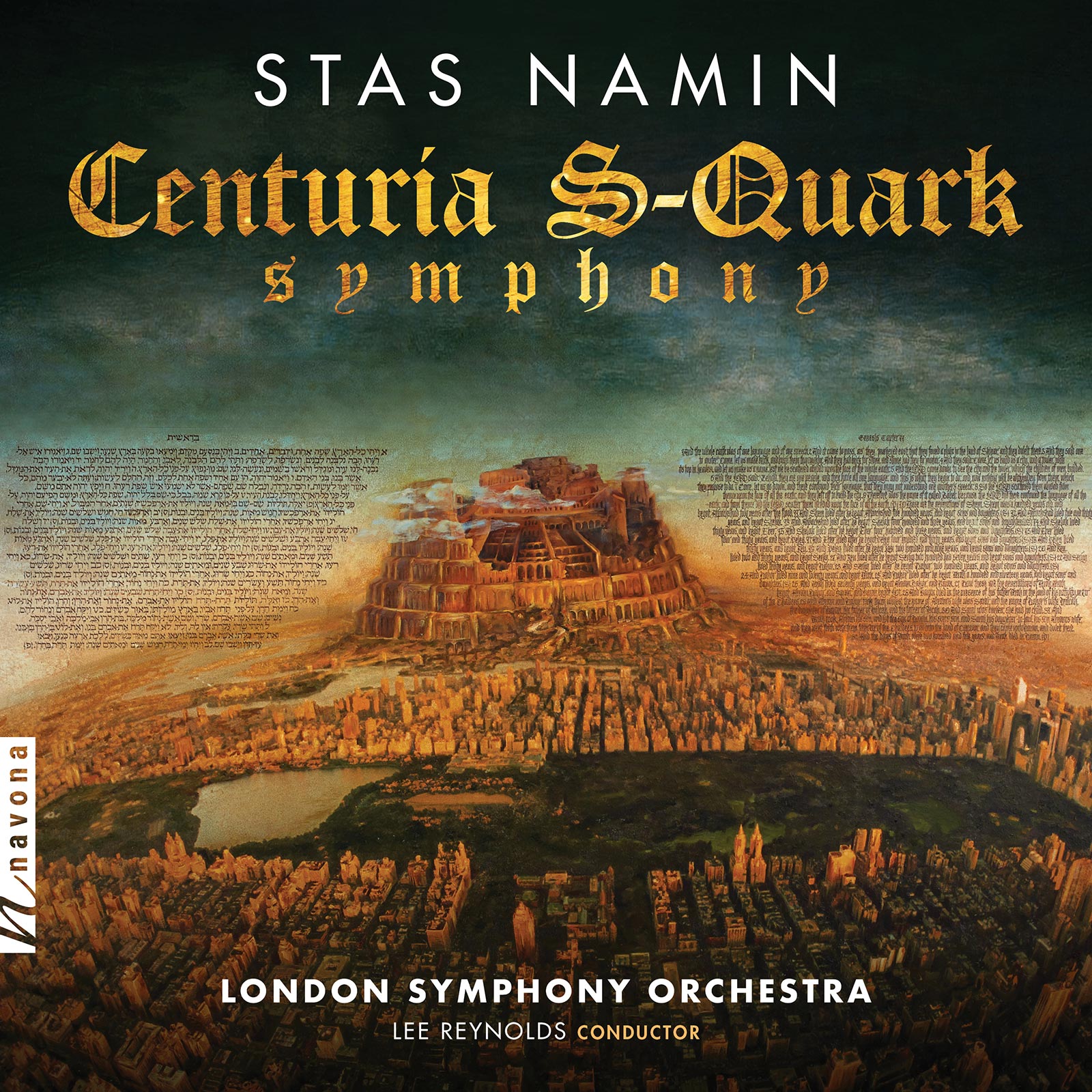
Stas Namin is a cult figure in Russia: he is a musician, composer, and producer; an artist and photographer; and a director and producer of theatrical stage productions and films. Namin is one of the founders of Russian rock music: he fronted legendary band The Flowers and was creator and producer of rock band Gorky Park. He organized the country’s first independent producing company and was behind its first private musical enterprises: a record label, a radio station, a television network, a concert agency, and a design studio. Namin launched the country’s first music festivals and started Russia’s first non-governmental symphony orchestra and contemporary musical theater. His song We Wish You Happiness has been a national hymn to happiness for more than 30 years.
Namin was introduced to music in his early childhood. His mother, Nami Mikoyan, is a musician, art historian, and writer whose home was visited by Dmitri Shostakovich, Aram Khachaturian, Mstislav Rostropovich, Leonid Kogan, Alfred Schnittke, Georgy Sviridov, and other celebrated musicians and artistic figures. Namin’s first music teacher was the composer Arno Babajanian.
The music of The Flowers, the band Namin created in 1969 and for which he wrote most of his songs, was consistently recognized for its special melodicism and complex, polyphonic arrangements.
Georgy Sviridov’s role in Namin’s establishment as a symphonic composer was invaluable: Namin turned to him repeatedly for advice, showing him his works and discussing new ideas with him.
Friendship with the American musician and composer Frank Zappa, who turned to symphonic music in the early 1980s, did much to define Namin’s musical tastes. A shared interest in complex musical forms led the two to frequent meetings and long discussions with Alfred Schnittke.
In 1987, Namin founded the Moscow Symphony Orchestra (MSO). In 2000, Légion d’Honneur inductee Ohan Duryan assumed leadership of the orchestra. Duryan was responsible for Namin’s introduction to symphonic composition.
By the end of the decade, the MSO had recorded the first five movements of Namin’s symphonic suite Autumn in Petersburg, and in 2012 the Russian Federal Orchestra performed the completed suite of eight movements in the Moscow International House of Music. In 2016 German pianist and composer Ratko Delorko created and recorded a version for piano.
In 2014, Namin met and had discussions with astrophysicist Stephen Hawking, which added momentum to a concept for Namin’s CENTURIA S–QUARK symphony. In July 2016, the London Symphony Orchestra recorded Namin’s new symphony at Abbey Road Studios in London. In December 2016, the State Youth Symphony of Armenia performed the symphony in the Aram Khachaturian Concert Hall in Yerevan under the baton of Sergey Smbatyan. The Russian National Orchestra presented the opus in the Grand Hall of the Moscow Conservatory in April 2017. It was a unique signature performance, edited and conducted by Mikhail Pletnev.
Albums
Centuria S-Quark
Catalog Number: NV6200


